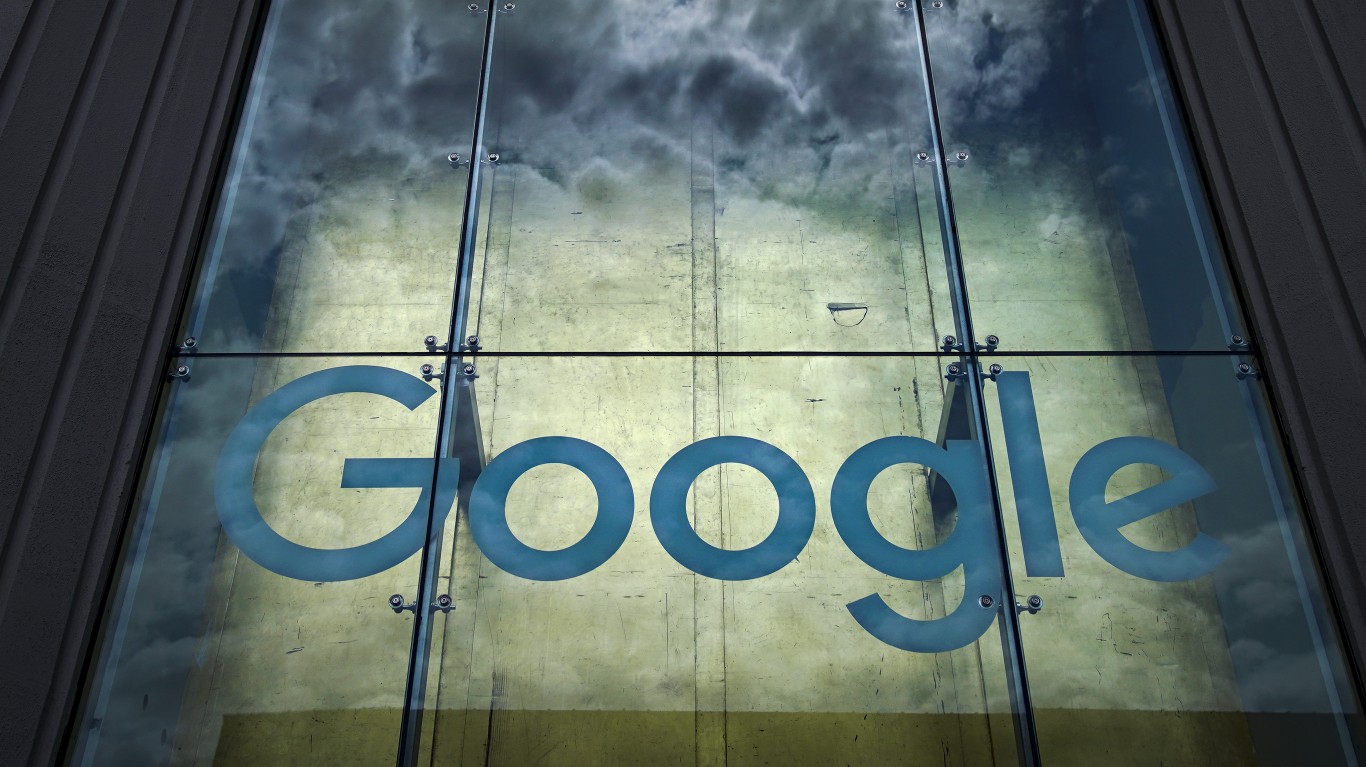

Apple Inc. (NASDAQ: AAPL) has recovered handily from its March lows as the market recovery has been strong. That said, Apple is running into headwinds that some investors may be ignoring concerning demand for its iPhone models. The COVID-19-induced recession took Apple’s factories down for part of the first quarter, but even as the suppliers and assemblies came back on, the stark weakness at the consumer level seems to be hurting demand for the iPhone.
It’s very possible that the iPhone for 5G is going to have a weak debut and it may be delayed. That might not be priced into the aggressive recovery that has outperformed the recovery in the S&P 500.
[in-text-ad]
24/7 Wall St. has seen multiple research calls pointing out that there is simply less demand for the iPhone than investors had expected. Even as Apple’s stock price was rising, many analysts have been cutting expectations and price targets.
Most indications point toward Apple’s supply chain being more or less back to normal. The new worry in a recession climate is that total iPhone model demand may be weak. Apple had extended its domestic store closures, and the number of unemployed people may be high enough that the 5G iPhone will be delayed later into the holiday season of 2020 or even into 2021. There is even expected to be weak PC demand in the year ahead.
Even Positive Analysts Have Brought Up Caution
One issue brought up by Wells Fargo’s Aaron Rakers came from the AT&T Inc. (NYSE: T) earnings report that has sent AT&T stock price lower. There was a record-low rate of 3% in postpaid smartphone upgrades during the first quarter of 2020. In short, analysts and investors alike may have had too much optimism over upcoming and existing unit sales for the iPhone. AT&T also pointed to weakness in mobility equipment revenue.
Wells Fargo’s view from April 22 is that the 41.1 million iPhone unit shipments are just too high. If customers are not able or willing to go into the stores to inspect and play with sample phones, it hurts sales. Wells Fargo’s model sees 36 million iPhone shipments, with the note also saying it could be in the low-to-mid 30 million range.
Nomura/Instinet issued a report on April 20 with a Neutral rating and a $240 price target that is handily under the current share price. The firm’s view is that the stock rallied too much after the March lows, at least that is what is implied when it pushed out expectations for the June quarterly orders out into the September quarter. Instinet’s Jeffrey Kvaal signaled that Apple reduced its iPhone 11/SE order volumes by approximately 20% for its third quarter (June).
Kvaal already has lowered its fiscal 2020 estimates, but the firm also lowered its fiscal 2021 estimates. That is bad news for the 5G iPhone and that iPhone elusive super-cycle. That report suggests that shipment times for the new iPhone SE are lengthening, while also noting that the pandemic impact is obscuring interpretive capabilities.
The biggest flash warning came from Goldman Sachs on April 17, when Apple stock was downgraded to Sell from Neutral and the price target was lowered to $233 from $250. What matters here, other than the Sell rating, is that this marked the third time that Goldman Sachs reduced its expectations since February 13.
Overall, Goldman Sachs has projected that iPhone unit demand will show a 36% decline in the second quarter. It also forecast a 24% decline in the first half of the calendar year 2020. Price weakness with lower average selling prices in a recession and much weaker travel demand also may all press a delay in Apple’s 5G smartphone launch.
While Daniel Ives of Wedbush Securities has retained an Outperform rating, he was ahead of other analysts lowering expectations for the iPhone demand and suggesting a delay on the upcoming 5G iPhone launch. Ives previously the lowered iPhone revenues estimate by 14% in fiscal year 2020 and lowered the figures by 10% for fiscal year 2021.
Thank you for reading! Have some feedback for us?
Contact the 24/7 Wall St. editorial team.
 24/7 Wall St.
24/7 Wall St.

